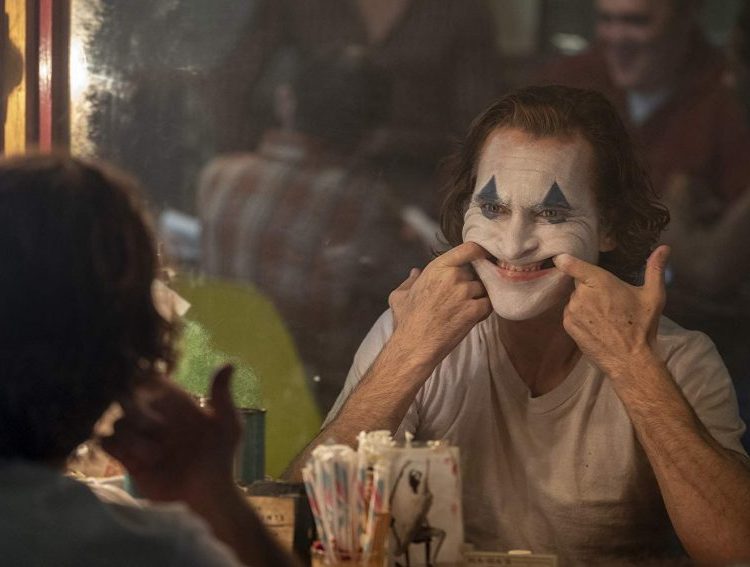For a while, director Todd Phillips’ job was making audiences laugh manically with films like The Hangover and Old School. His upcoming film, Joker, is a dramatic pivot of his entire filmography. Harkening back to twisted character studies of the ’70s and ’80s (Taxi Driver, A Clockwork Orange, etc.), Joker pulls the curtain back on laughter. While most filmmakers tend to stay in their lane or genre, Phillips has now successfully dabbled in both comedy and drama. Crossing the fine line between the two requires an understanding of how to manipulate their intertwined relationship; what is funny is often true. With the amount of hype surrounding Joker, Phillips seems to have proven himself to be the proverbial crying clown. In the midst of this, it only makes sense to look back on the careers of some other directors who have made us both laugh and cry.
Cover Photo: Warner Bros.
Joke’s on you: Who Said It: The Joker or President Trump?
Educate yourself: The ‘Joker’ Clown School to Becoming an American Icon
Follow Mandatory on Facebook, Twitter, and Instagram.
Directors who successfully transitioned from comedy to drama
-
Ron Howard
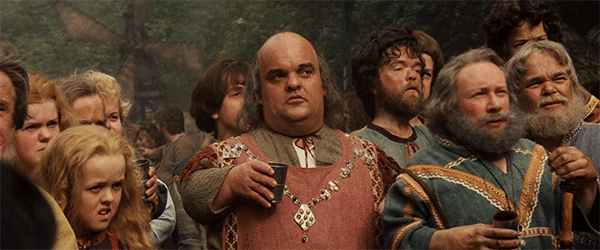
The director who came to fame as Richie Cunningham in the sitcom Happy Days made his directorial debut with the action comedy Grand Theft Auto (1977). His first real dramatic film was Willow (1988) and after that he became more ambitious in the genre. We all know films like A Beautful Mind (2001), The Da Vinci Code (2006), Frost/Nixon (2008), and Rush (2013). Richie is clearly better at making those tear ducts leak.
-
Jon Favreau

Jon Favreau wrote Swingers (1996). If there's one thing to be taken away from that film, it's that Favreau understands that the funniest things in life stem from plot and character. He's directed everything from the comedy classic Elf (2003) to Iron Man (2008), the MCU's self-proclaimed catalyst (and obviously, Robert Downey Jr. knows a thing or two about a good laugh).
-
Kevin Smith
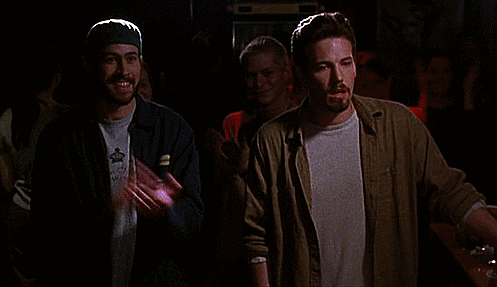
Busting onto the scene with the self-indulgent, clever, and hilarious classic that is Clerks (1994), Kevin Smith continued his quirkiness with Mallrats (1995); then, in 1997, he directed Chasing Amy. The film was still comedic but offered a bit of drama and romance to boot. Since then, Smith has tried to get even more serious with Tusk (2014), which was more horrific than funny.
-
Harold Ramis
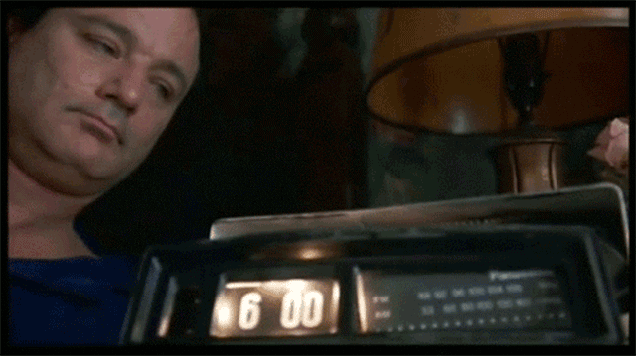
Harold Ramis is better recognized as Dr. Egon Spengler in Ghostbusters (1984). Ramis' career, both in front of and behind the camera has dealt heavily with comedy; he's directed classics like Caddyshack (1980), National Lampoon's Vacation (1983), and even more recently, episodes of The Office. However, in 1993, Ramis' comedic drama, Groundhog Day, showed us his more sentimental side.
-
Taika Waititi

The New Zealand actor, director, and comedian has entertained audiences for years with his irreverent appeal. His sensibility allows him to alternate between comedy and drama effortlessly. His dramatic short, Two Cars, One Night (2004) was nominated for an Academy Award, Hunt for the Wilderpeople was critically acclaimed, and his work in the MCU is hilariously effective. Reinvigorating the Thor franchise, and inhabiting the entity that is Korg, Waititi has proven himself a weeping jester.
-
Rob Reiner
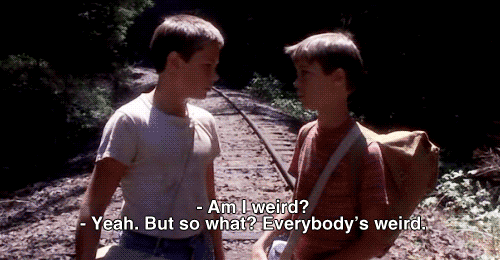
Rob Reiner has always dug into melancholy and humor. This is Spinal Tap (1984), Stand By Me (1986), The Princess Bride (1987), When Harry Met Sally...(1989), and A Few Good Men (1992) are just a few of his iconic films. All of these and more have made us laugh, cry, and ponder the nature of tone.
-
Steven Soderbergh
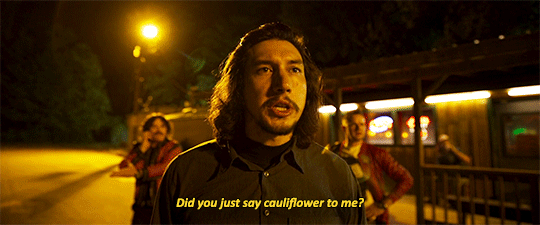
Considered to be a founding father of the independent film movement, Steven Soderbergh has experimented with his style quite a bit. His directorial career began on the more serious side of the spectrum with dramas like Sex, Lies, and Videotape (1989) and King of the Hill (1993). Those gave way to lighter entries like Ocean's Eleven (2001) and The Informant! (2009). Soderbergh still remains a master of drama, but films like 2017's Logan Lucky (where characters have obscure code words like "cauliflower") have shown the eccentric depths of his comedic side.
-
Terry Gilliam

This wacky filmmaker stems from the Monty Python comedy troupe—which is as out there as it gets. He's directed Monty Python and the Holy Grail (1975), Jabberwocky (1997), Time Bandits (1981), and The Fisher King (1991). It wasn't until 1995's 12 Monkeys that the world got to see what Gilliam could seriously do with wacky.
-
Adam McKay
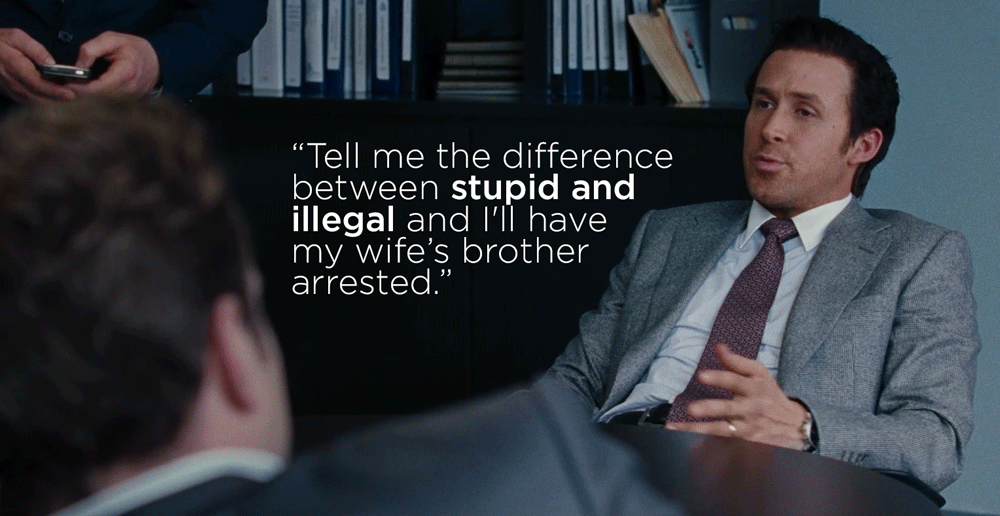
Serving as a head writer for Saturday Night Live, Adam McKay partnered with fellow SNL alum, Will Ferrell, to conceive Anchorman: The Legend of Ron Burgundy (2004). He continued to direct various Ferrell comedies like Talladega Nights: The Ballad of Ricky Bobby (2006), Step Brothers (2008), and The Other Guys (2010) before branching off with the semi-satirical The Big Short (2015). Since then, McKay has embraced his interest in politics with Vice (2018).
-
Edgar Wright

Edgar Wright initially found his niche parodying genre films with the likes of A Fistful of Fingers (1995), Shaun of the Dead (2004), and Hot Fuzz (2007). In 2017 he directed Baby Driver, an ambitious and stylish drama with a kick-ass soundtrack. It's a film that balances good old-fashioned fun and high-stakes drama dexterously.
